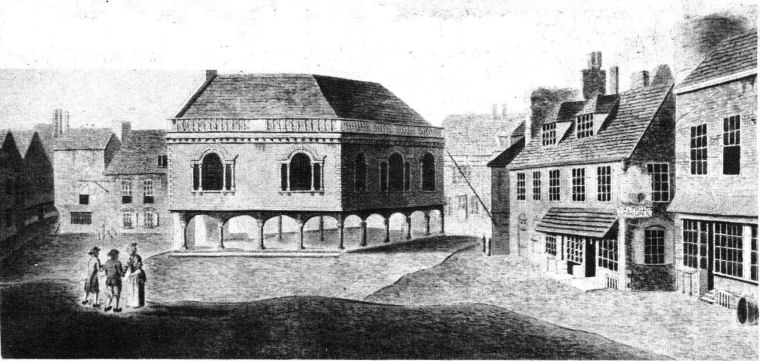1. Opening scene
Part 1- Chapter One: 1789-1798
‘For two days, beneath lowering grey skies, a westerly gale had howled about the eaves of the old buildings of the ancient Cinque Port of Dover. But now, on the third day, the storm had gone as quickly as it had come. The noon sun was shining brightly, and the Market Place was redolent with the fragrant aroma of wood-burning fires, the smoke from a medley of chimneys drifting leisurely in the light spring airs which had succeeded the fierce wind.

The Market Place appeared unusually quiet even for a day close to the beginning of the week. It was true that the diligences and chaises passed regularly to and fro over the cobble-stones, and that there were many stirrings of life about each of the considerable number of inns in the vicinity of the square. But this was Dover, the principal port of embarkation for the Continent, a town which, though small, must possess conveyances and hostelries in abundance if it were to cater effectively for the crowds of strangers who used the packets.
Nevertheless the Market Place was strangely silent, though the reason was not far to seek; in old St Mary’s, a few paces along Cannon Street, that reason could be found. There, in the church wherein at other times Jurats of Dover elected their Mayor, and freemen, less regularly, polled for parliamentary candidates, two influential families of the Cinque Port now held memorial service for the dead.
For six years, since the Treaty of Versailles had brought the war with France and the American Colonists to a conclusion, the minute bell of St Mary the Virgin’s, high above the departed Peter Monin’s clock, had tolled its solemn note at eleven o’clock in the morning of each April Fool’s Day.
Their conduct might have been foolhardy, but that was the day on which two younger sons of the banking house of Rochefort and three younger sons of the ship-owning and merchanting house of Fagg had courageously died. Not by act of war had these young men perished, but rather in one of noble succour when a fine ship, caught by a sudden squall, had been cast on to the marl reef below Archcliffe Point.
On this sportive day, two surviving brothers paid respect to the memory of those who had borne their names.’